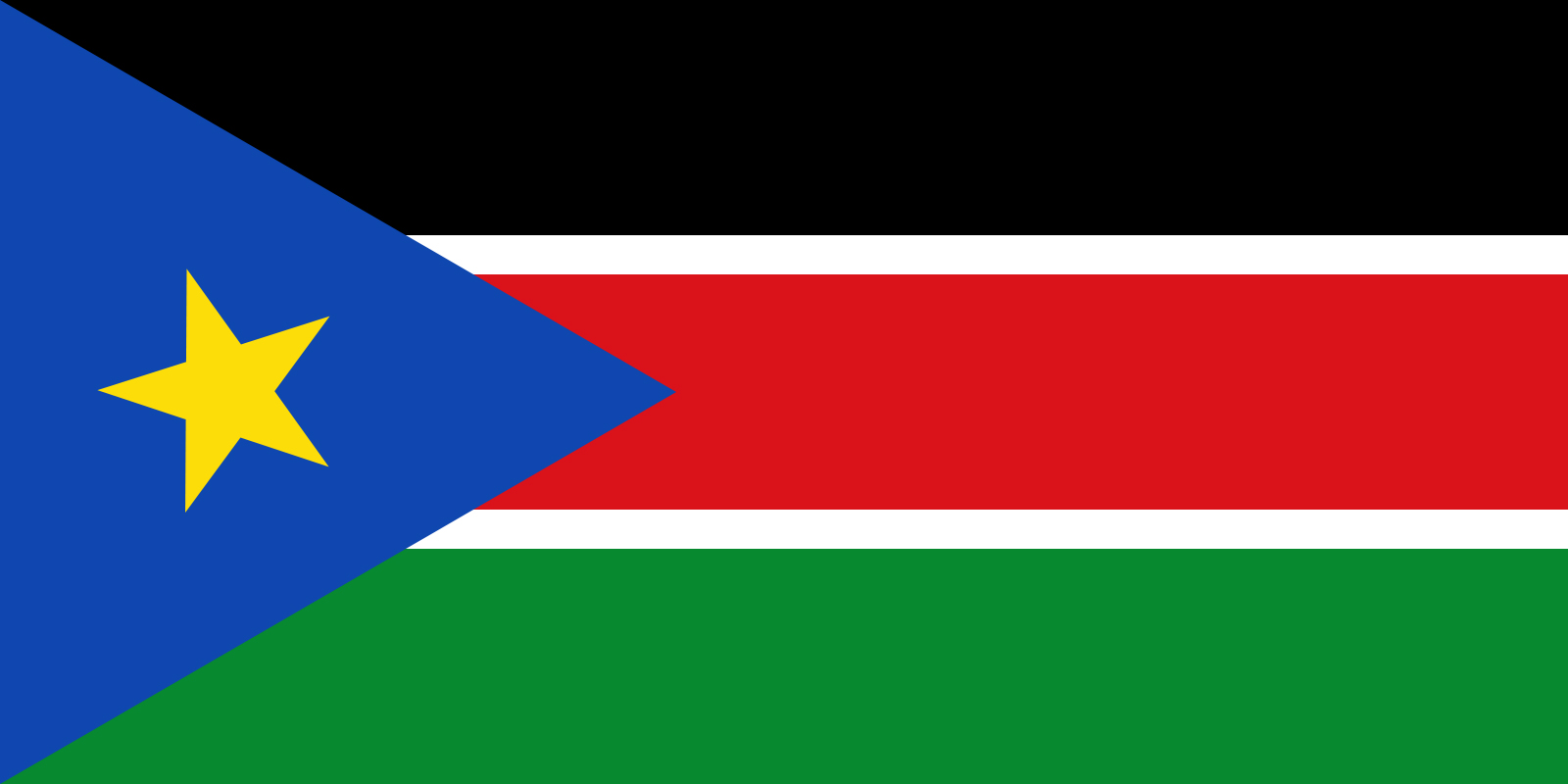In a letter released ahead of the UN Human Rights Council’s 58th regular session (HRC58, 24 February – 4 April 2025), over 100 NGOs urge states to adopt a strong resolution on the human rights situation in South Sudan.
“The resolution should,” the signatories write, “extend the mandate of the existing investigative mechanism, the UN Commission on Human Rights in South Sudan, in full, for two years, and request the Commission to regularly report to the Council, including on the presence of risk factors for atrocity crimes.”
The letter details a series of political developments, including a new postponement of South Sudan’s first-ever national elections, which were due to take place in December 2024, and extension of the transitional period, which is now due to end in February 2027, as well as other risk factors of violence and human rights violations.
South Sudan is facing multiple crises, which include a political and institutional crisis, a security crisis, a humanitarian crisis, an economic crisis, and a human rights and civic space crisis. “These multiple crises,” signatories write, “translate into multiple risk factors of atrocity crimes, violence and violations and abuses of human rights.”
As of early 2025, South Sudan stands at a critical moment. Gross abuses and violations of human rights and international humanitarian law remain pervasive and are committed in a context of widespread impunity, as the three transitional justice mechanisms envisioned in the 2018 revitalised peace agreement, namely the Commission for Truth, Reconciliation and Healing (CTRH), the Compensation and Reparation Authority (CRA), and the Hybrid Court for South Sudan (HCSS), have not been established.
Over ten years after the onset of South Sudan’s conflict, which claimed more than 400,000 lives and displaced millions, justice remains elusive for victims and survivors. This is why signatory NGOs highlight that the continuation of CHRSS investigations is the best means to safeguard future accountability, and that international scrutiny of South Sudan’s human rights situation remains vital.

